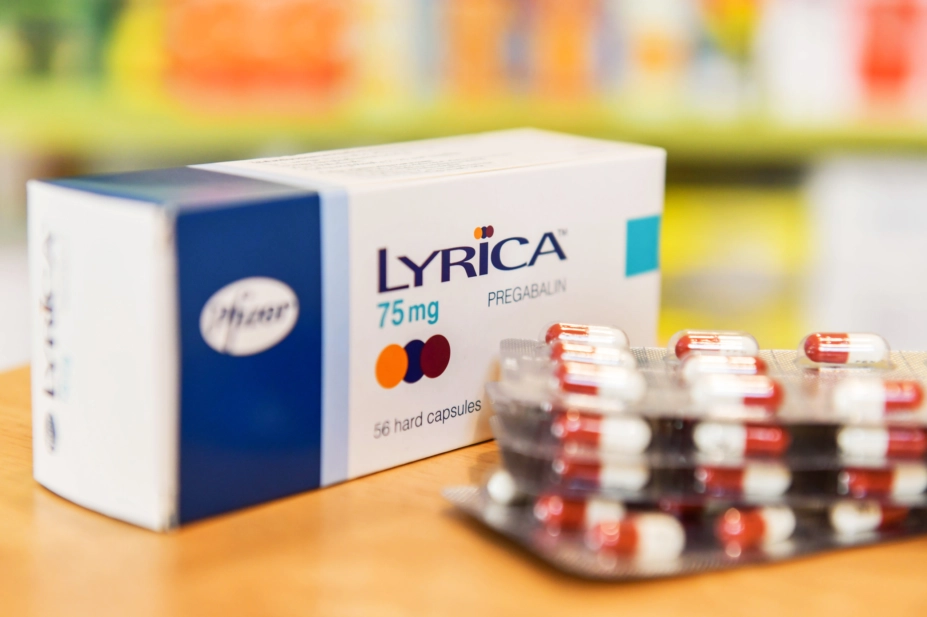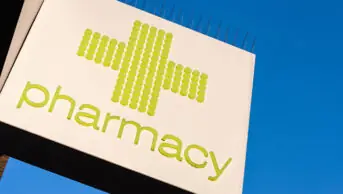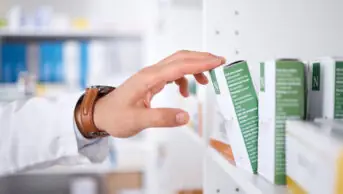
Shutterstock.com
The Supreme Court has dismissed a bid by drug company Pfizer to strengthen the patent protection of pregabalin (Lyrica).
The National Pharmacy Association (NPA), which was a respondent in the case, said the proposals would have meant a pharmacist could be liable for patent infringement if they dispensed a generic drug to treat a condition covered by the patent, even if they did not know why the medicine had been prescribed.
Pregabalin is a gabapentinoid used to treat epilepsy, neuropathic pain and generalised anxiety disorder, which was first authorised for use in the UK in 2004. Pfizer’s product patent expired in May 2013 with its second medical use patent for neuropathic pain expiring four years later in July 2017.
Pfizer had previously gained a court order compelling clinical commissioning groups to issue guidance that when used for pain, pregabalin should be prescribed by reference to the trademarked brand, Lyrica, rather than generically.
The NPA said it had argued that the test for direct infringement should hinge on whether the generic product was deliberately intended to treat a patented indication.
In the judgment, handed down on 14 November 2018, Lord Sumption, one of five judges on the case, said the only criterion “of infringement is whether the product as it emerges from the manufacturing process, including any labelling or accompanying leaflet, is presented as suitable for the uses which enjoy patent protection”.
The ruling is part of a long-running dispute between Warner-Lambert — a Pfizer subsidiary — and generics manufacturers Mylan and Actavis over launching a generic form of pregabalin.
Gareth Jones, head of corporate affairs at the NPA, said the judge’s verdict came “as a relief to NPA members”.
He added: “The proposed test for infringement would have operated unfairly and in an unbalanced way, with detrimental results for pharmacists, patients, the NHS and taxpayers.”
Pfizer said in a statement that it was “disappointed” with the ruling, adding that it has a “significant impact on innovation in public health”.
The statement said: “The period that a medicine is under patent is a critical phase in its lifecycle that fuels innovation – as science evolves and knowledge grows, patients increasingly benefit from ongoing research into new uses for existing medicines.
“As situations such as these are expected to become more common, it’s important for patients that pharmaceutical companies are able to protect patents, including second medical use patents.”


